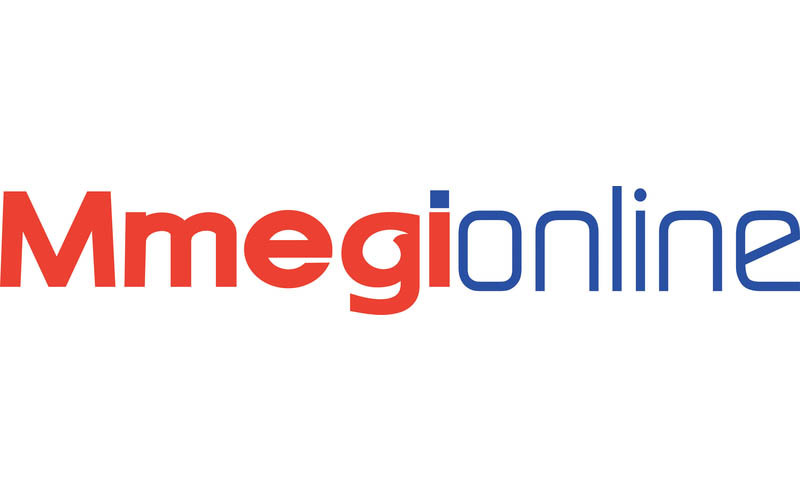If you are to require emergency medical attention at a government facility after hours, you have to pray that you find a doctor.
As wrangling continues between government and Botswana Doctors Union (BDU), doctors have been urged to stand united and protect their rights and profession by working lesser emergency call hours. Emergency call refers to duties after normal working hours where doctors attend to patients who require medical attention after hours. The BDU yesterday issued a statement saying they are aware that some of their members are being threatened or coerced into working hours that fall outside the boundaries of what is lawful and acceptable under the Employment Act. The two parties are at logger heads as doctors feel they are not compensated enough for hours worked. “You may have been asked to justify why you are unwilling to carry out such unlawful demands. Let us be clear: no one is obligated to participate in or perpetuate illegality. As professionals, our duty is to uphold both medical ethics and the law,” they wrote. The union firmly asserts that the expectation for doctors to work beyond legally stipulated hours is unfounded, unlawful, and unreasonable.
They argue that doctors, like all employees, are bound only to follow lawful instructions those that a reasonable person would deem fair, safe, and legal. “The law is clear: doctors are not to exceed 48 working hours per week, except where voluntary overtime is agreed upon-capped at a maximum of 26.4 hours per month. This was effective 6th of April 2025, for the month of April till further notice. Those who already did their call beginning of April 2025, still fall into this category. Any demand beyond this is not only a violation of your rights but also a serious breach of the Employment Act,” they stated. They also emphasised that being designated as an essential worker does not mean surrendering their basic labour rights. They state it does not mean you are to be treated as expendable, or as someone whose well-being and time have no value. Rather, it recognises the critical role they play in society; one that must be respected and protected by all stakeholders, including employers. “We therefore call upon all doctors across the country to remain steadfast. Do not submit to unlawful instructions. Do not work beyond the hours permitted by law. Doing so only normalises exploitation and weakens the foundation of our profession. Let us stand firm, united, and informed. We fight not just for ourselves, but for the dignity of our profession and for the future of healthcare in Botswana in solidarity,” they concluded.








